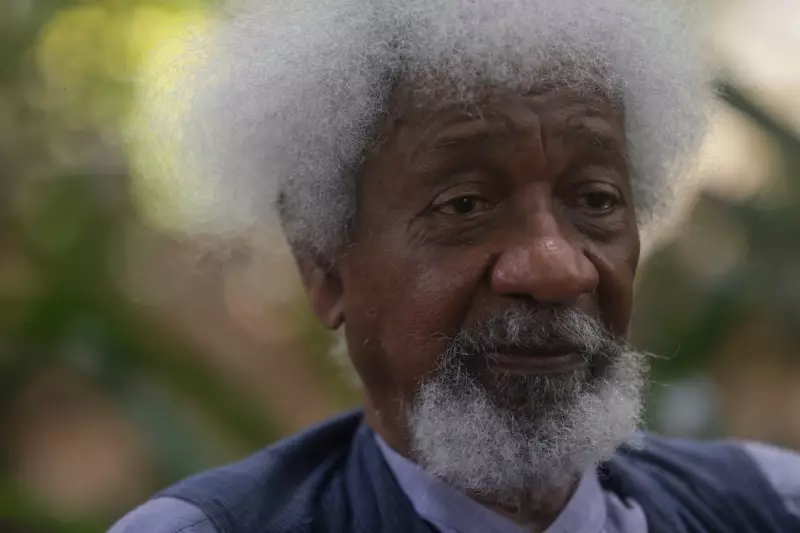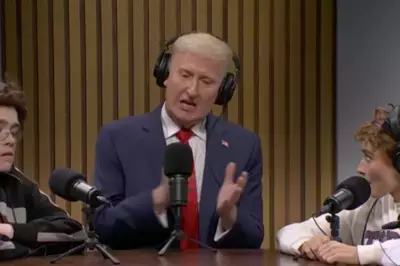
In a startling revelation that highlights the intersection of politics and international diplomacy, Nobel Prize-winning Nigerian playwright Wole Soyinka has disclosed that his United States visa was abruptly revoked during Donald Trump's presidency.
The acclaimed writer and political activist, who received the Nobel Prize in Literature in 1986, confirmed the visa cancellation during an interview, suggesting it was a direct response to his vocal criticism of the former US president.
Political Retaliation or Administrative Decision?
Soyinka, known for his outspoken political commentary and activism spanning decades, didn't mince words when discussing the incident. The visa revocation appears to have occurred during a period when Soyinka was particularly critical of Trump's policies and leadership style.
This isn't the first time Soyinka has faced travel restrictions due to his political stance, though the involvement of a major Western democracy like the United States marks a significant escalation in how governments might respond to critical voices.
A Pattern of Political Expression
Throughout his career, Wole Soyinka has never shied away from political confrontation. During Nigeria's civil war in the late 1960s, he was imprisoned for 22 months after attempting to broker peace. His passport was confiscated by the Nigerian government in the 1990s for his opposition to military rule.
The recent US visa revocation raises important questions about:
- The boundaries of free speech for international figures
- The use of immigration controls as political tools
- The treatment of Nobel laureates and respected cultural figures
- Diplomatic relations between nations regarding intellectual dissent
Broader Implications for Academic and Cultural Exchange
The incident has sparked concern among academic and cultural communities about the potential chilling effect on international intellectual exchange. Soyinka has been a frequent visitor to American universities and cultural institutions throughout his career, serving as a professor at several prestigious institutions.
This development comes amid growing concerns about the weaponization of immigration systems globally, where visa approvals and denials are increasingly seen as reflections of political relationships rather than individual merit.
As the situation continues to develop, it underscores the fragile nature of international cultural diplomacy and the ongoing tension between political expression and cross-border mobility in an increasingly polarized world.





